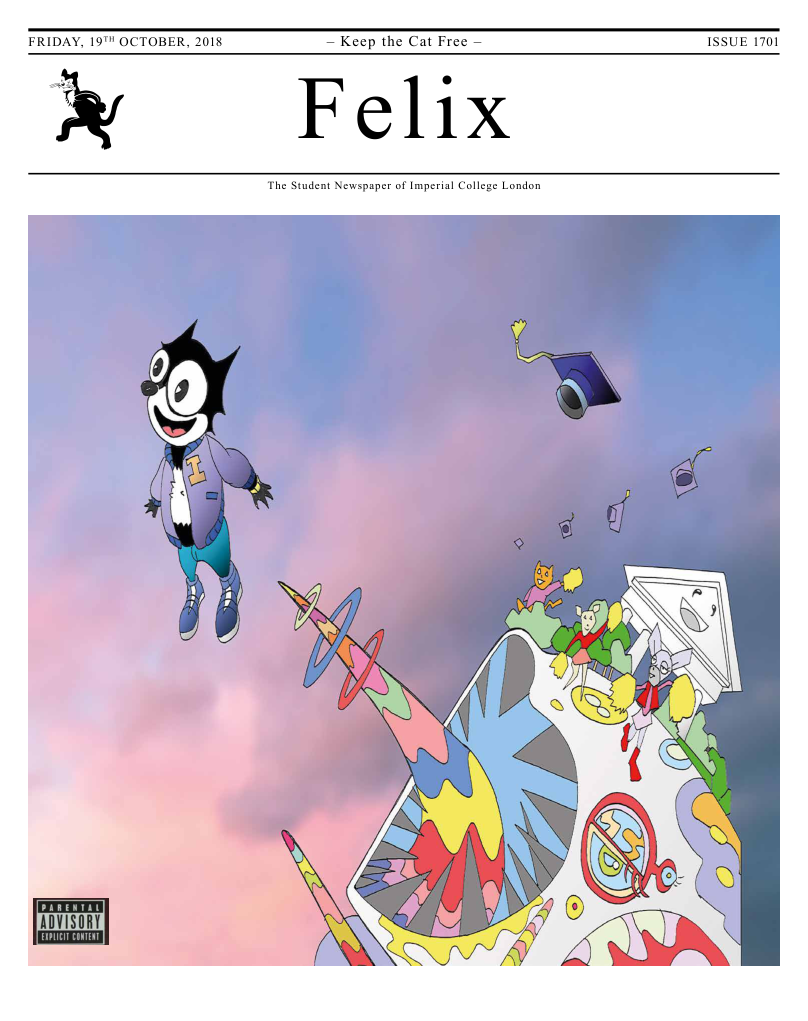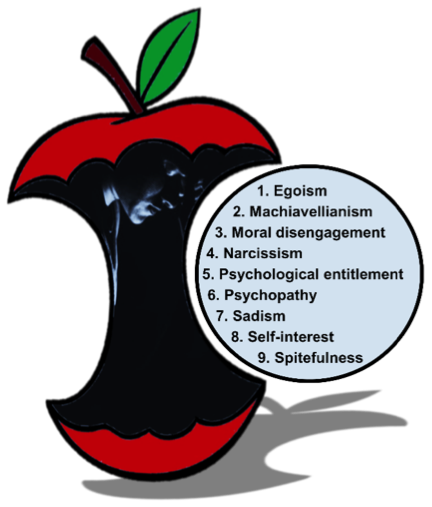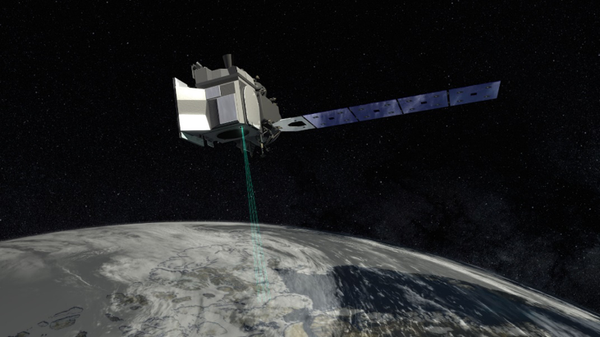Birth of words
Baeless, faved and yaas – if you use Twitter, you will have already seen some of these newly created words. But where do they come from?

A team of linguists and geographers from the Centre for Corpus Research at the University of Birmingham traced the geographical roots of emerging words in American English. Among 8.9 billion words used in 980 million Tweets posted in the US they identified 54 new words, which were rare in October 2013 but common in November 2014.
Every time you tweet, the app records your precise location as well as the posting time. This allowed Professor Jack Grieve and his group to identify the birth regions of emerging words: the West Coast, the Northeast, the Mid Atlantic, the Deep South, or the Gulf Coast.
Researchers observed some interesting patterns of linguistic innovation. New words tend to appear in densely populated areas of a particular region and spread to similar areas in other regions of the country. For example, Los Angeles and San Francisco are the most creative parts of the West Coast, from which words diffuse to Seattle and Portland (the Northwest) as well as San Diego, Las Vegas and Phoenix (the Southwest).
Although it might seem that we can predict the patterns of word creation and migration by the population density, the Deep South is an exception. In this region the linguistic innovation is mostly driven by the culture. For example, Atlanta, a city much smaller than Los Angeles or New York, shows a lot of creative power. Scientists attributed this effect to a large African American population in the capital of Georgia, as they observed the quick spread of words between areas with large populations representing this culture, irrespective of their geographical proximity. Professor Grieve and his team acknowledge the main limitation of this study: Twitter represents only one variety of American English. New words created for example in science cannot be reflected by this analysis.
“This is the first time that such a large sample of emerging words or any type of linguistic innovation has been mapped in one language”, commented professor Grieve. Modern data science and computational tools are changing the field of linguistics, so in the future we can expect more large studies answering many burning questions about the language.







